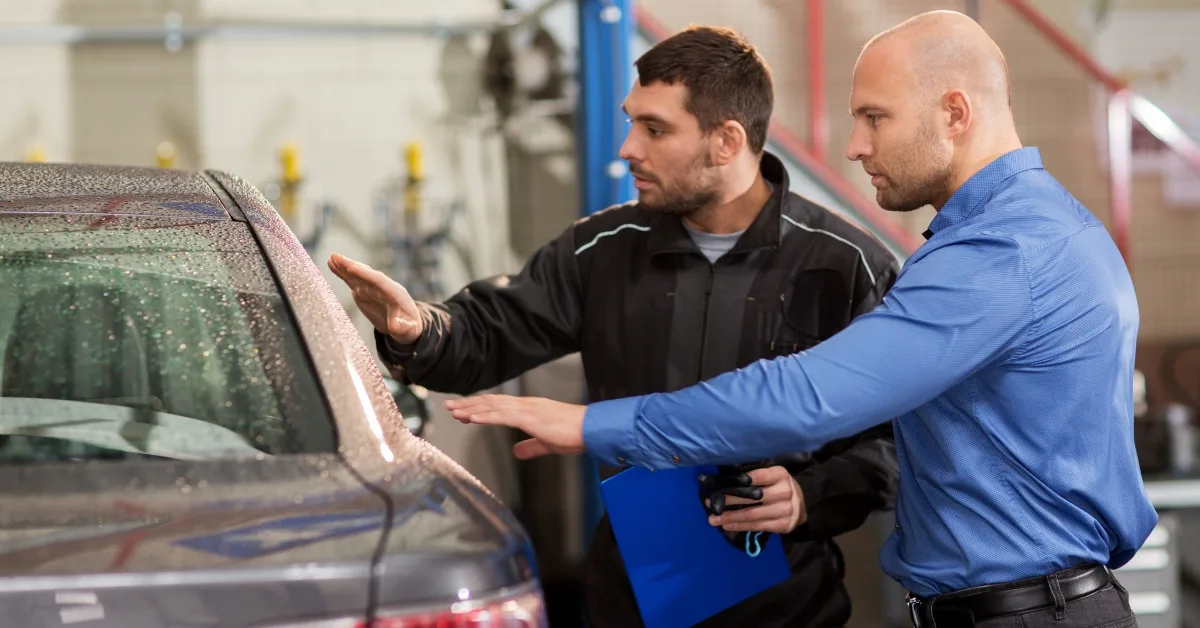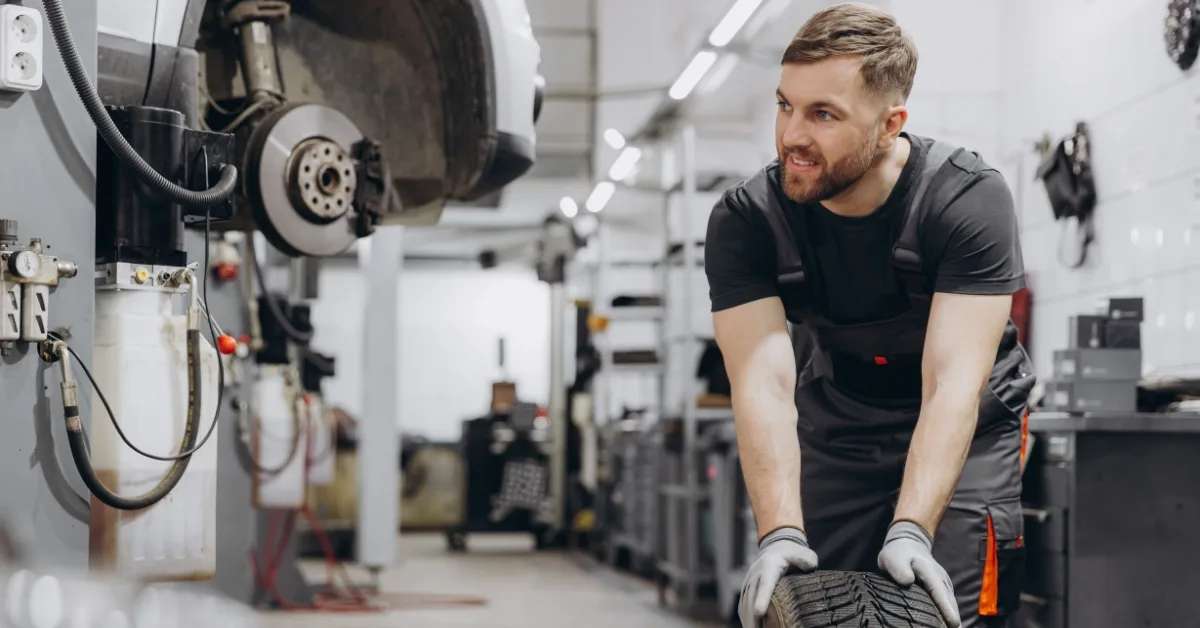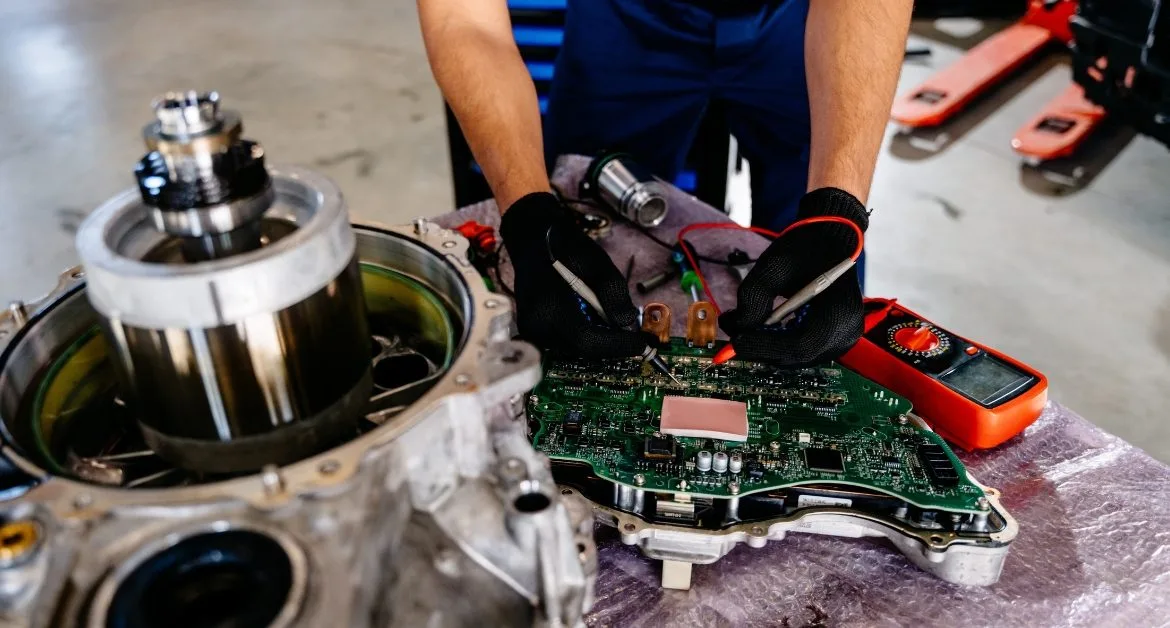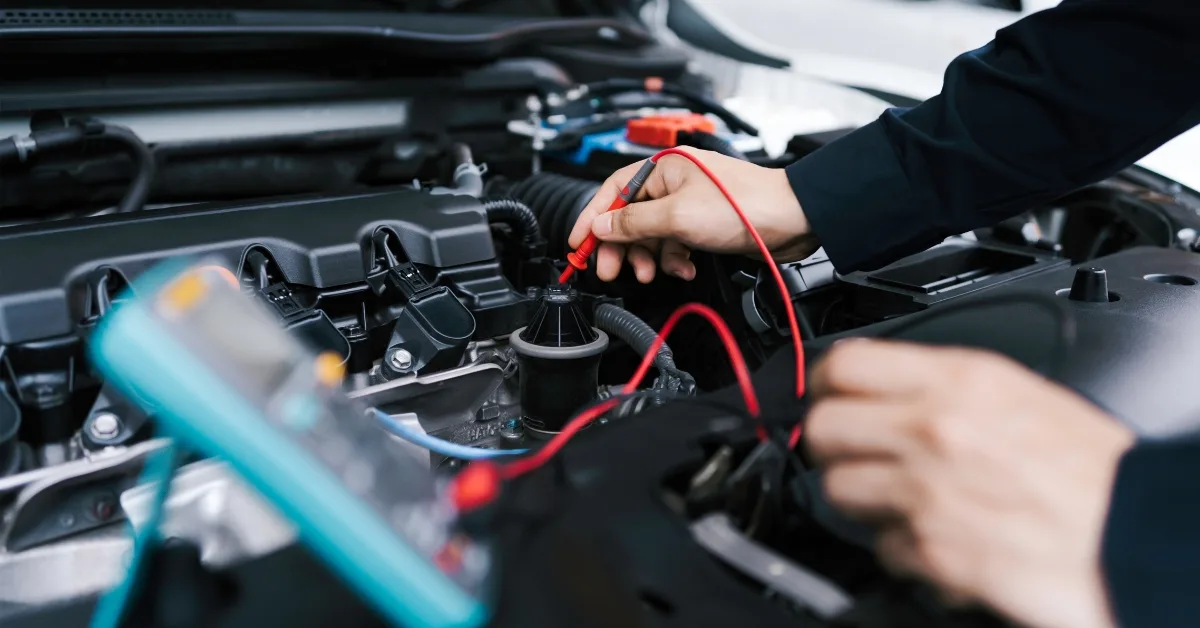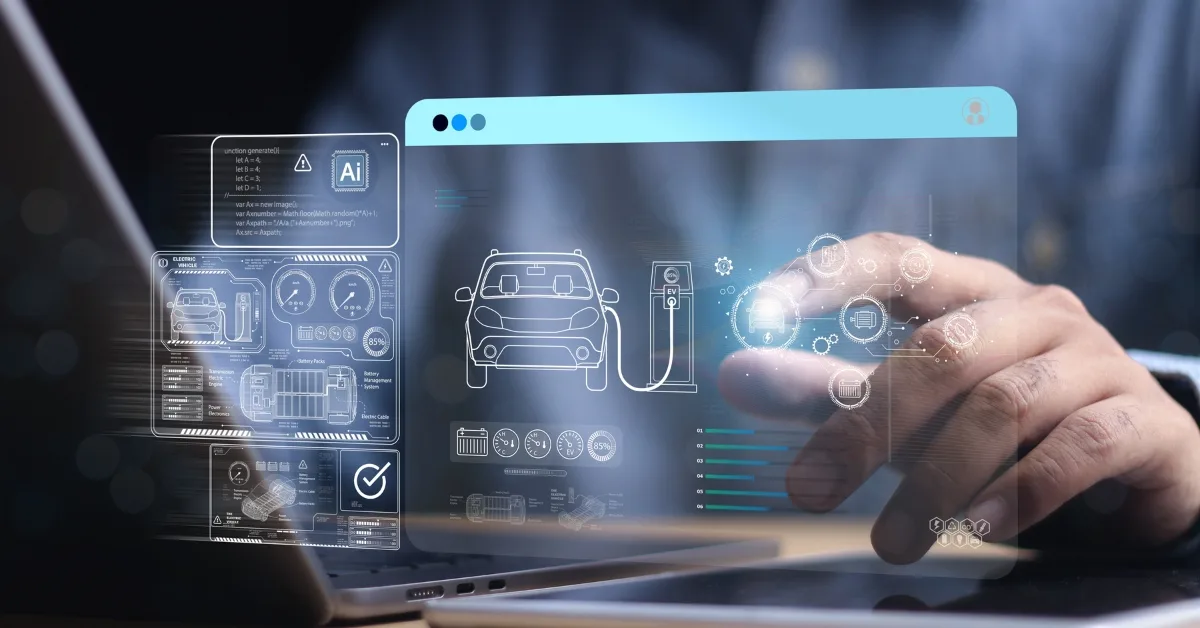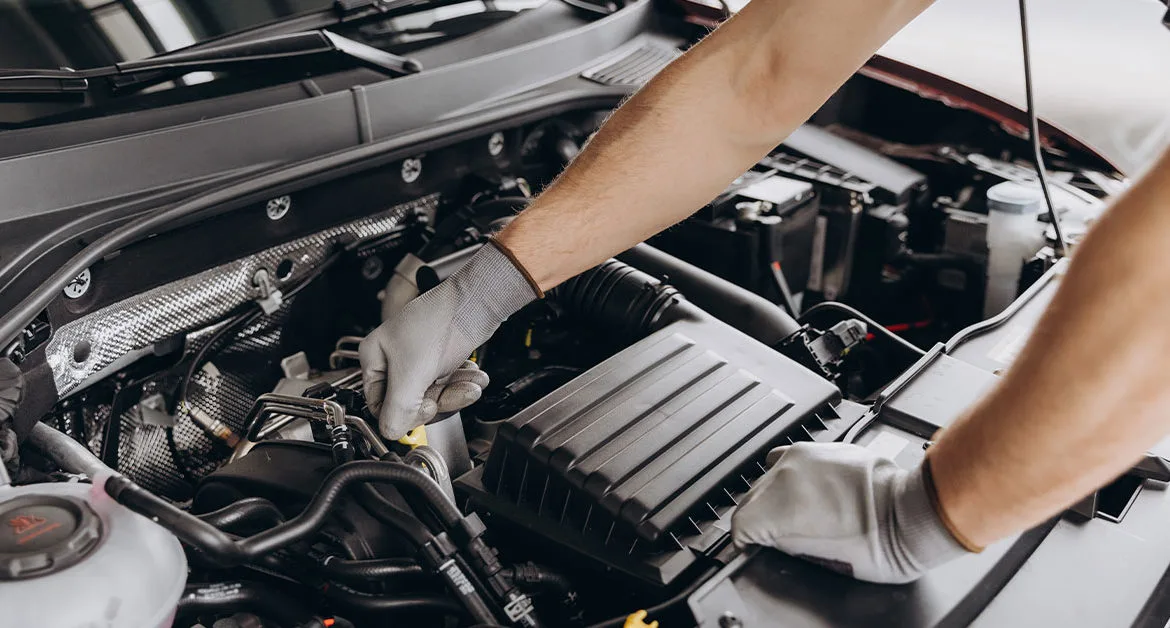Keeping your car serviced shouldn’t mean emptying your wallet in one go. That’s why the new Instant Service Plan from Nissan, which we’ve launched in partnership with Car Care Plan, is a game-changer for UK drivers.
This new option is built for anyone who wants to keep their vehicle in top condition without paying everything upfront. By spreading the cost over 12 months, you get peace of mind, full dealer servicing, and flexible payments, all wrapped up in one manufacturer-backed package.
What Is the Instant Service Plan?
Nissan’s Instant Service Plan is a new initiative that’s been developed in partnership with Car Care Plan and Payment Assist. It’s been designed to help used Nissan owners get a major and minor service done over the course of a year without having to pay the full cost upfront.
Instead, you can opt to pay monthly for car repairs using an interest-free plan powered by Payment Assist. It’s a fixed monthly amount, spread across 12 months, and available for eligible Nissan vehicles under ten years old. It’s not a generic package, either. This is a full Nissan service using approved parts. It’s carried out by official Nissan dealerships and supported by a 12-month warranty and RAC Roadside Assistance.
Who is the Nissan Instant Service Plan For?
This new plan is especially useful if you’re a used Nissan owner and you’re not already on a longer-term service agreement. Around 45% of Nissan retail customers buy a service plan when they get a new vehicle, often for two to four years. But for everyone else, costs can come as a surprise when a service is due.
The Instant Service Plan fills that gap.
It gives those drivers a straightforward, manageable way to stay on top of Nissan servicing costs without skipping essential maintenance or being tempted by less reliable alternatives.
How the Partnership Works
The Instant Service Plan was put together by three well-known names. Payment Assist makes it possible to pay monthly for car repairs with no interest. Car Care Plan has worked with Nissan for over 15 years, handling service and warranty support, and with full backing from Nissan, it all adds up to a simple, reliable way to manage your servicing.
“We have been working with Nissan for more than 15 years, and the opportunity to bring about this new Instant Service Plan was an ideal chance to further strengthen those ties. By onboarding Payment Assist, we can offer the best possible deal for customers who would otherwise likely look to independent garages or not service the vehicle at all. This way, drivers get a full major and minor Nissan service and benefit from improved residual values as a result.” – Jon Norman, Head of Corporate Sales, Car Care Plan

Why Spread the Cost?
Servicing costs can land at awkward times. Life’s busy enough without surprise bills, especially for something like your car, which is a non-negotiable cost. That’s where Payment Assist can make a big difference. Our interest-free solution lets drivers pay monthly for their car repairs and spread the cost of a full minor and major service across 12 fixed payments. It means the work gets done, the car stays in great shape, and your finances don’t take the hit all at once.

“Nissan’s new Instant Service Plan is the ideal way for customers to maintain a full dealer service history while benefiting from a flexible, interest-free way to pay. By using Payment Assist’s payment solution, drivers can spread the cost into manageable monthly instalments. It’s a win-win, offering added value for the customer’s vehicle and helping dealerships retain long-term after-sales relationships.” – Marcus Gregory, CEO of Payment Assist
What Does the Plan Mean for Dealerships?
For dealerships, the Nissan Service Plan offers a great way to boost after-sales retention and customer satisfaction. By giving drivers a simple, interest-free way to manage servicing costs, dealerships can strengthen loyalty, increase workshop bookings, and reduce the risk of losing customers to independent garages. It’s a smart way to support long-term relationships while offering real value. Get in touch with us to find out more about how the plan can benefit your business.
What’s Included in the Plan?
When you sign up to the Instant Service Plan, you get:
- One minor service and one major service
- All work carried out by Nissan-trained technicians
- Genuine Nissan parts with a one-year warranty
- 12 months of RAC Roadside Assistance
- A full Nissan dealer service history
That last point is worth highlighting.
A full service book, stamped by Nissan dealers, helps maintain the car’s value over time. So not only are you looking after your vehicle today, but you’re also protecting its future resale value, too.
Is Your Car Eligible?
To qualify for the Instant Service Plan, your vehicle must:
- Be a UK-specification Nissan.
- Be less than ten years old.
- Not be an LCV, GT-R, NISMO, Pathfinder, or Patrol model.
- If your car fits that description, you’re in.
Want To Spread The Cost of Your Car Repairs?
At Payment Assist, we help you manage essential car expenses with flexible, interest-free payments. From Nissan servicing costs to unexpected repairs, we make it easier to keep your car on the road without paying for everything at once. We work with trusted dealers, garages, and manufacturers to help drivers like you stay in control of car care costs. Find a dealership near you to make the most of the Nissan Instant Service Plan, or get in touch to find out more.
FAQs
What is the Nissan Instant Service Plan?
The Nissan Instant Service Plan is a 12-month interest-free payment plan that covers one minor and one major service at an official Nissan dealership, using genuine parts and trained technicians.
Who can use the Nissan Instant Service Plan?
It’s designed for UK-based Nissan drivers with vehicles under ten years old. It’s ideal if you’re not already on a long-term service plan and want a more flexible way to manage servicing costs.
Can I really spread the cost with no interest?
Yes. Thanks to Payment Assist, the total cost is split into 12 fixed monthly payments with no interest and no hidden fees.
What’s included in the plan?
You’ll get a full minor and major service, 12 months of RAC Roadside Assistance, genuine Nissan parts, and a service history stamped by Nissan, helping to protect your car’s value.
Which cars are not eligible?
The plan doesn’t cover LCVs, GT-R, NISMO, Pathfinder, or Patrol models. All other UK-spec Nissan vehicles under ten years old should qualify.




